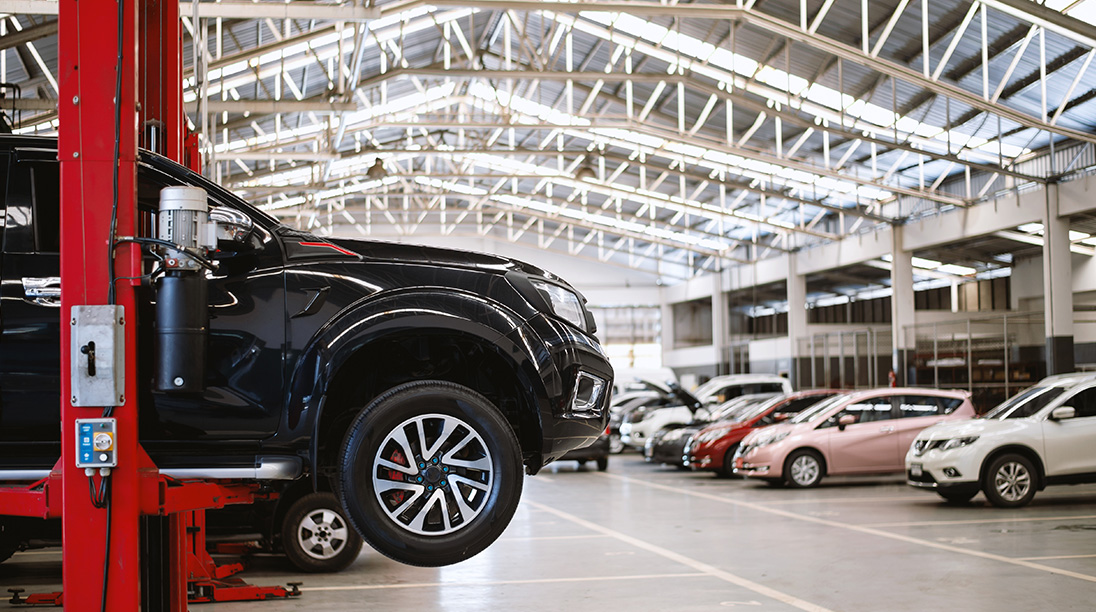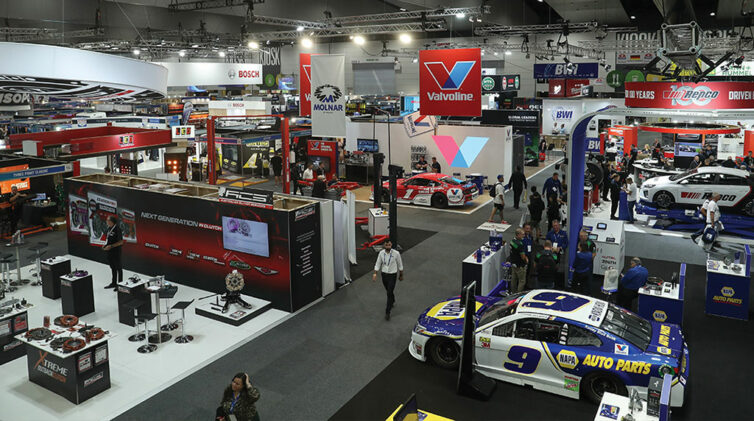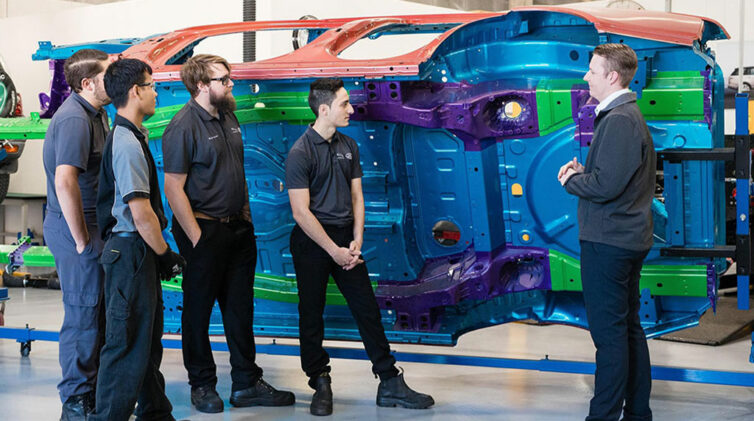Nor can it, according to the advice, be legally wholesaled to trade customers, meaning that dealers must attend to recall notices before on-selling a vehicle to them.
The advice, by Evan Stents, lead partner of the automotive industry group at HWL Ebsworth Lawyers, was sought by the VACC on behalf of the Victorian Automobile Dealers Association (VADA), whose members had sought clarity on their responsibilities under both compulsory and voluntary recalls.
VADA asked:
- whether a product (such as a car) that is subject to a recall can be sold to a consumer; and
- whether a product (such as a car) can have a wholesale sale to a wholesaler or trade buyer.
Mr Stents made it clear that the law turned not on whether the recall was voluntary or compulsory; it turned on the fact that the car was subject to a recall notice in force, carrying a known fault acknowledged by its maker and that selling the car subject to a recall notice in force without rectifying that fault with that unrectified fault was a breach of the ACL.
Mr Stents said dealers had no choice but to get the recall action fixed before they sold the car.
“If the car cannot be fixed, it cannot be sold,” he said.
VACC industry policy adviser Michael McKenna said in a bulletin to members: “There have been many assumptions of vehicles on voluntary recalls not having a restriction to on-sell and that it is only compulsory recalls (eg Takata) that had any prohibition on sale.
“Likewise, with the sale to trade customers, assumptions were aplenty regarding trading/supply of recall-affected vehicles.”
Mr Stents said: “The answer to your question is that a dealer cannot sell a vehicle that is subject to a recall notice – whether a retail sale to a customer or a wholesale sale to another dealer or to a trade buyer.
“It does not matter whether the sale is to a consumer or another dealer because section 127 of the ACL prohibits the ‘supply, in trade or commerce, of a consumer good’ in respect of which a recall notice is in force.
“A vehicle is a consumer good for the purposes of the ACL irrespective of whether it is purchased by a retail or wholesale buyer. Any sale by a dealer – whether a wholesale or retail sale – will be a supply in trade or commerce.
“Assuming there is a recall action that will result in the underlying defect or dangerous characteristic of a particular vehicle being fixed, the dealer can sell the vehicle once the recall action has been performed.
“If there is no available fix, then the vehicle cannot be sold.”
Mr McKenna told members: “You will note that the HWLE advice is not ambiguous in any regards.
“Simply put, there can be no retail sale of any product subject to a recall, be it B2B or business-to-consumer.
“It puts into perspective the enormity of the result achieved by VADA and others in having certain Takata airbag-affected cars declared as ‘future recall’ and not all as ‘active’. That would have been disastrous,” he said.
By John Mellor















 Read More: Related articles
Read More: Related articles

